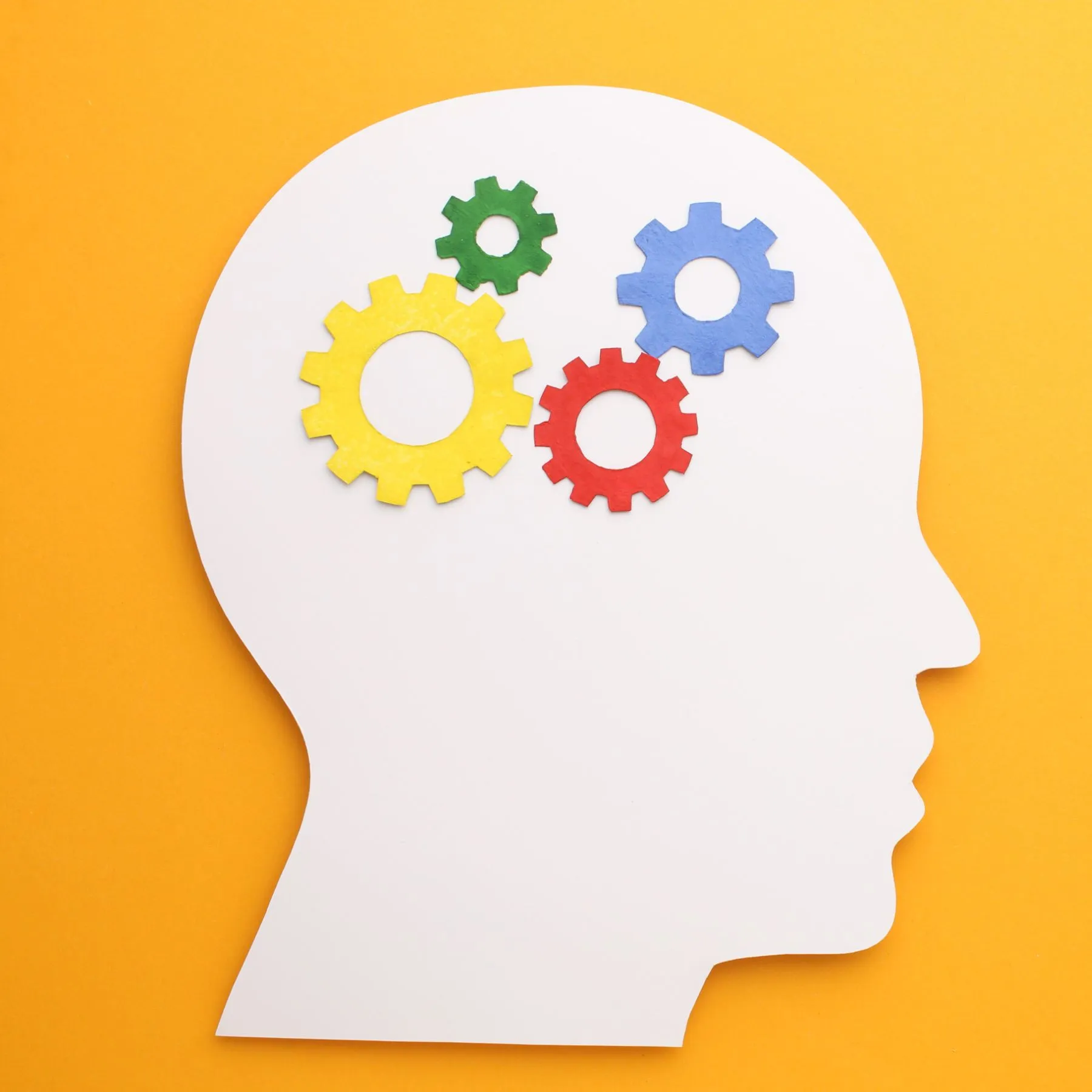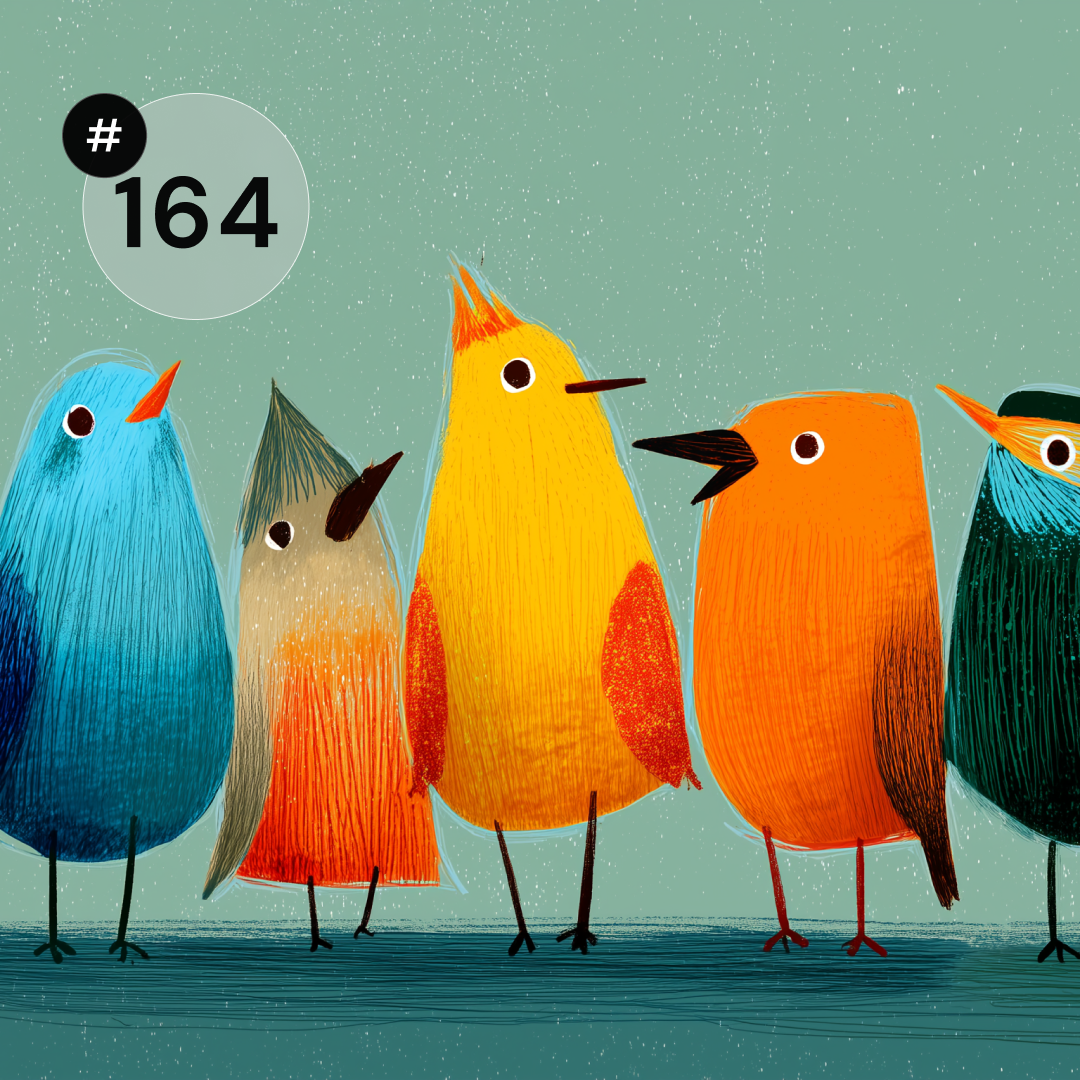If you are, like us, focused on being the best version of UXO, then you need to know that there is no end to the efforts! Each of us, both in private and professional life, is subject to the so-called thinking traps. Otherwise, more technically speaking, they are cognitive errors, that is, ways of irrationally perceiving reality that deviate, often significantly, from the truth.
Below are the 4 types of cognitive mistakes you are most likely to make in UX work. The good news is that being aware of these mistakes will allow you to spot them faster and reduce their impact on your work results. So, let's get started!
You get too much information
In this case, our mind chooses the remnants of information that it clings to, and which in one way or another may prove useful. This is often the information that confirms our previous assumptions and so you can easily succumb #1 Confirmation Effect (you choose information that supports your previous hypotheses, regardless of the veracity of that information).
Information lacks meaning
For example, the story told by the subject is missing certain parts, so you supplement the missing memories with information that fits well with the entire logical sequence of the story, and did not necessarily fall from the mouth of the subject, which is nothing more than #2 Confabulation (you naturally fill in the gaps in knowledge).
You don't have enough time
With each new stimulus, our mind must act quickly. And that's right, with simplifications you will save a lot of time. Therefore, when working with users who get lost in your application, you would rather attribute inattention or lack of intelligence than the fact that the application does not have a logical order, so it is easy to get lost in it. It is #3 basic attribution error (you explain the behavior of the observed person in the category of their characteristics, while underestimating external influences).
Lack of cache space
Our brain is not able to save everything on the hard drive. Therefore, it retains only that information that is most likely to prove useful in the future. It is easier to pay attention to the positive aspects of feedback and it is to write them in memory. This phenomenon is called #4 Disappearing Affect (you forget information about negative emotions faster than those related to pleasant emotions).












